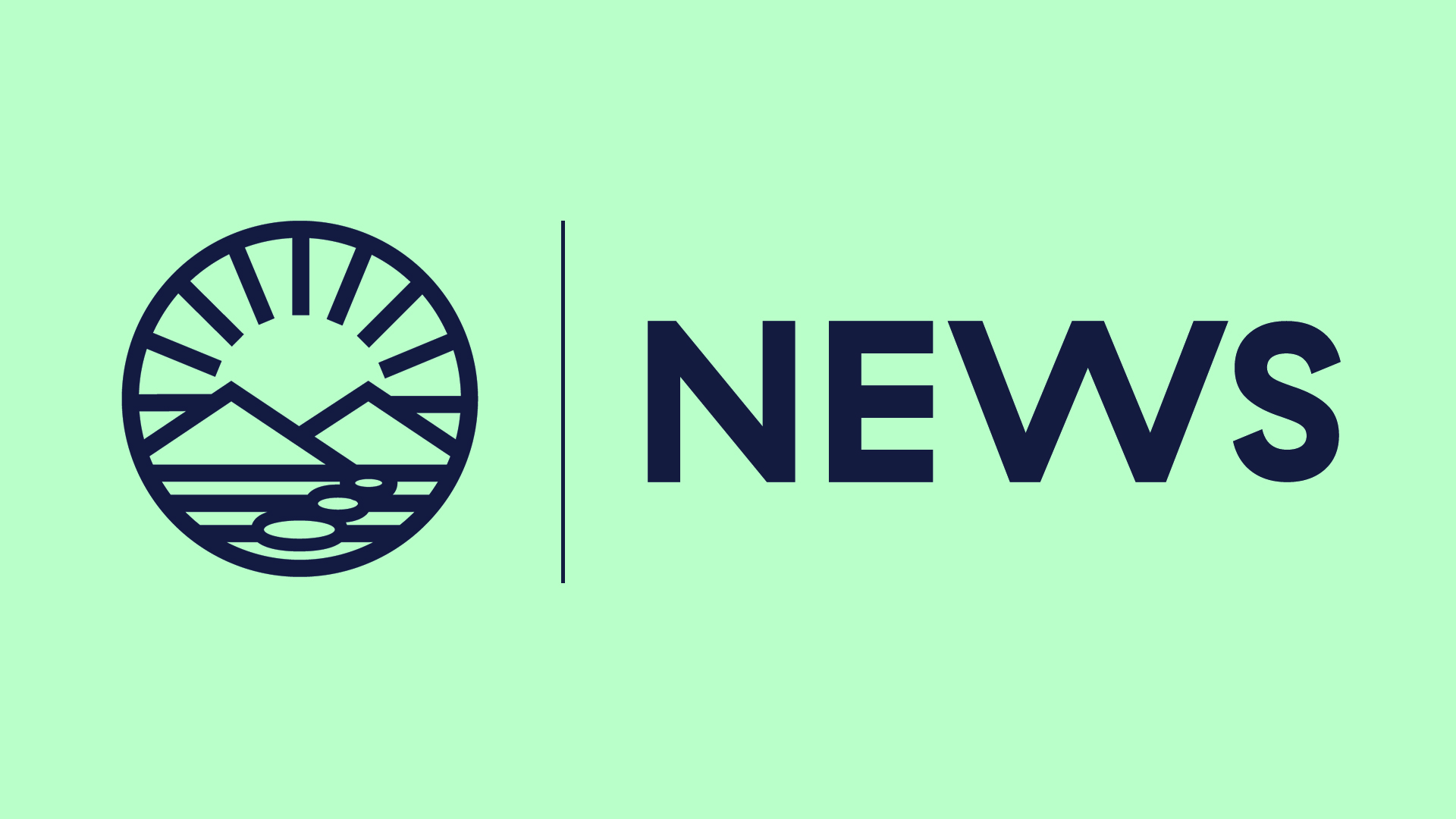CAMPBELL RIVER, BC – A newly released report commissioned by the BC Ministry of Agriculture and Food concludes that regulatory uncertainty, high capital cost, low returns on investment, and lack of incentive to locate facilities in BC are the primary restraints challenging the development of recirculating aquaculture systems (RAS), also known as land-based and closed containment, salmon farming in BC.
The Province of BC commissioned the report in response to the federal government’s commitment to transform the BC salmon farming sector by 2025. The province commissioned Counterpoint Consulting Inc in 2021 to provide an economic analysis of farming salmon using RAS technology.
“The salmon farming sector are leaders in RAS technology since our fish spend half their life on land in hatcheries,” says Brock Thomson, Innovation Director for Cermaq Canada. “We are currently trialing new technologies such as semi-closed containment and hybrid systems to systematically reduce interactions with wild salmon and improve fish health. We understand land-based technology, but given the constraints faced, we do not see fully moving to land-based production as a viable solution in the remote, coastal communities where we farm.”
RAS production in BC currently represents less than one per cent of farmed salmon production. Moving current levels of ocean farm production to land, which is approximately 90,000 tonnes, would require a direct investment of between $1.8 billion to $2.2 billion.
“It is likely that this sort of development could not be accommodated in existing coastal areas, which would result in serious economic impacts to families and all coastal communities up and down Vancouver Island and the Central coast,” added Thomson.
“This report released by the province supports what salmon farmers have been saying for many years,” says Brian Kingzett, Executive Director for the BC Salmon Farmers Association. “Our sector strongly supports RAS technology – in fact we are experts at using RAS to grow salmon – but to move the entire sector on land isn’t a realistic option, nor is it required to protect wild salmon. The federal government’s numerous science assessments have confirmed Atlantic salmon farms pose no more than a minimal risk to wild salmon abundance and diversity under the current fish health management practices. The challenges identified in the report need to be addressed before we could even consider this.”
The economic analysis also states that the profitable production of market-sized salmon on a commercial scale remains “elusive”. Currently, salmon raised in ocean-based pens are grown to between five and six kilograms, while those raised in RAS facilities are harvested at less than four kilograms in most cases, further making the technology economically unviable.
Read the full report on the provincial government’s website: READ HERE
ABOUT THE BC SALMON FARMERS ASSOCIATION
BC salmon farmers are committed to reconciliation and operate under multiple agreements with First Nations in whose territory we operate. Each of these agreements is founded upon recognition of First Nations right to exercise jurisdiction over the land, resources, and waters within their territories.
Farm-raised salmon is BC’s highest valued seafood product, the province’s top agricultural export, and generates over $1.2 billion towards the provincial economy, creating thousands of jobs. The BC Salmon Farmers Association represents over 60 businesses and organizations throughout the value chain of finfish aquaculture in BC. Our members account for over 95% of the annual provincial harvest of farm-raised salmon in British Columbia.
For more information, visit bcsalmonfarmers.ca.
MEDIA CONTACT
Michelle Franze
Manager of Communications, Partnerships and Community
michelle@bcsalmonfarmers.ca
604-202-4417
